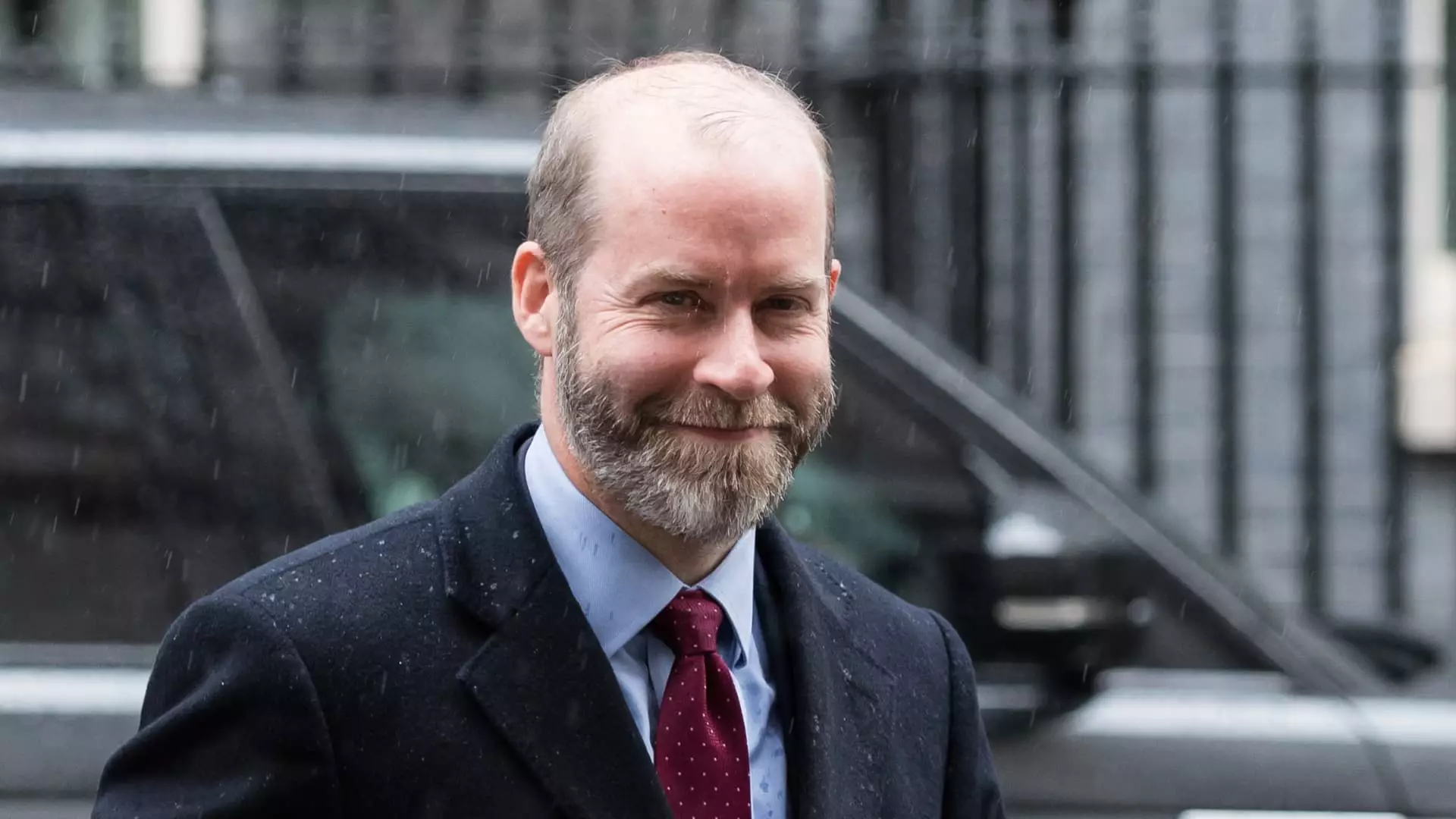In the aftermath of Brexit, the United Kingdom has embarked on a quest to secure lucrative trade agreements that will help solidify its economic standing on the global stage. As the Labour government prioritizes negotiations with both India and the Gulf Cooperation Council (GCC), the outcomes of these talks promise to be pivotal for the U.K.’s economic future. Business and Trade Minister Jonathan Reynolds has emphasized the need for such agreements, characterizing them as critical not only for commercial interests but also for fostering diplomatic relations.
The U.K.’s departure from the European Union opened a door to new opportunities, aimed at diversifying its trading relationships beyond the European bloc. However, the promised free trade agreements (FTAs) with other nations, particularly with India—a market long coveted by U.K. diplomats—have largely been slower to materialize than anticipated. Former Prime Minister Boris Johnson famously pledged to secure a trade deal with India by Diwali 2022, but that ambition remains unfulfilled. This delay underscores an underlying challenge: while the potential benefits of these deals are significant, navigating the complexities of international negotiations can be fraught with obstacles.
The Gulf region stands as a promising target for U.K. trade expansion, with Reynolds indicating that discussions with the GCC nations—comprising Bahrain, Kuwait, Oman, Qatar, Saudi Arabia, and the United Arab Emirates—are set to resume imminently. Such collaborations might help the U.K. to tap into a vibrant market rich in resources and wealth. These engagements are framed as not just economic transactions but also as pathways to strengthen ties between the U.K. and the Gulf states, which are crucial players in global energy and finance.
Reynolds’ visit to the Gulf last month, signaling proactive government efforts, reflects a blend of economic necessity and strategic diplomacy. As the Trade Minister prepares to navigate these intricate discussions, it is vital to recognize the underlying significance of these relationships—despite the varying political systems of the Gulf states. The minister advocates for a practical view of international business engagement that extends beyond traditional Western notions of governance.
The long-standing discussions with India have entered their fifteenth round, with recent indications that a breakthrough may be on the horizon. India, with its sizeable consumer market and burgeoning economy, represents an essential frontier for U.K. exports. Both countries have shared interests; the U.K. seeks to bolster its trade footprint while offering India’s rapidly expanding economy a chance to forge stronger links with Western markets.
However, the road to an agreement is layered with considerations that include tariff negotiations, regulatory standards, and mutual market access. Indian Commerce Secretary Sunil Barthwal has pointed out that both sides are looking to conclude a deal systematically, a sentiment echoed by Piyush Goyal, India’s Minister of Commerce and Industry. Negotiating a trade agreement requires finesse, as both parties are well aware that forceful demands won’t yield a productive partnership. Instead, patience and systematic discussions are viewed as the path to mutual benefit.
The U.K.’s efforts in the trade realm reflect broader global economic dynamics. A successful trade agreement with India could signal a significant shift in the balance of international trade, positioning the U.K. as an essential partner for emerging economies. Concurrently, pursuing agreements with countries like Israel, South Korea, Switzerland, and Turkey reveals a deliberate strategy to cultivate a diverse portfolio of international relationships that can underpin the U.K. economy.
The reasoning behind engaging with non-democratic nations also emerges as a topic of discussion within this framework. Reynolds’ remarks about the inherent value of commercial engagement, regardless of political systems, challenge conventional perceptions about trade partnerships. There is a growing understanding that economic interdependence can foster mutual respect and long-term diplomatic ties, which can be vital in a world facing complex geopolitical challenges.
As the U.K. charts its path in the post-Brexit era, the focus on securing trade deals with India and Gulf nations emerges as a crucial strategy for economic revitalization. While challenges abound, the potential for meaningful international partnerships remains substantial. The road ahead requires patience, strategic maneuvering, and an openness to evolving global dynamics that could define the U.K.’s role in the world economy. Through successful negotiations and robust engagement, the future may hold not only profitable trade relationships but also a rejuvenated sense of global interconnectedness for the U.K.

Leave a Reply